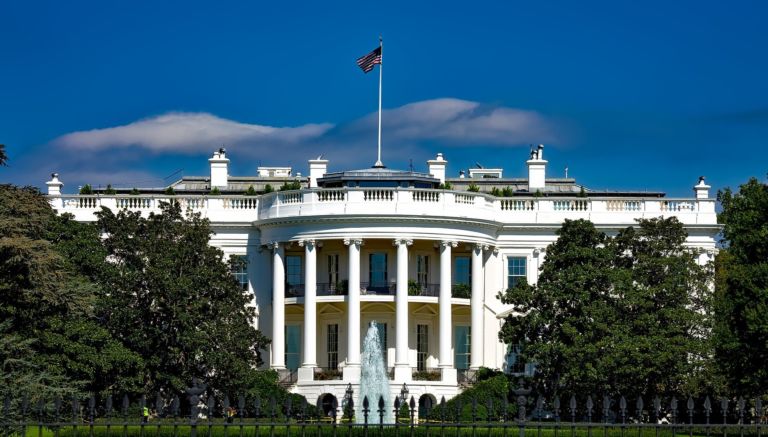James Rogan writes for the Washington Examiner about the potential significance of a U.S. Supreme Court ruling favoring Starbucks in its dispute with former workers.
Under the Biden administration, with its overtly pro-union bias, the National Labor Relations Board is the fact-finder, the judge, and the jury in labor disputes subject to the National Labor Relations Act of 1935.
In oral arguments before the U.S. Supreme Court in the Starbucks v. McKinney case on Tuesday, a majority of the Supreme Court signaled that they will further roll back the power of the administrative state. The justices implied that they will rule that an administrative agency must have clear legislative language to support a determination they make. …
… Section 10(j) of the National Labor Relations Act authorizes the NLRB to seek preliminary injunctive relief in federal court to remedy an alleged unfair labor practice while the merits of the underlying case are being determined. In the current case, Starbucks wants the relevant legal analysis for issuing injunctive relief to involve a stringent four-step test. …
… Starbucks argues for the four-step test. In truth, however, the NLRB wins almost always because the NLRB is the fact-finder, the judge, and the jury. But that is not justice. That is unconstitutional. Under current administrative law, due process is denied and constitutional property rights are often transgressed. I believe that the court led by Chief Justice John Roberts will determine that the four-step test must be used in determining whether a preliminary injunction is warranted. …
… By so ruling, the court will further roll back the power of the administrative state. The court will rule that Congress must state in plain language when it delegates to an administrative agency the right to be fact-finder, judge, and jury. The plain language of the National Labor Relations Act does not grant that authority. The court will thus further restore balance to the U.S. system of government where Congress legislates, and the executive branch only executes laws passed by Congress.


